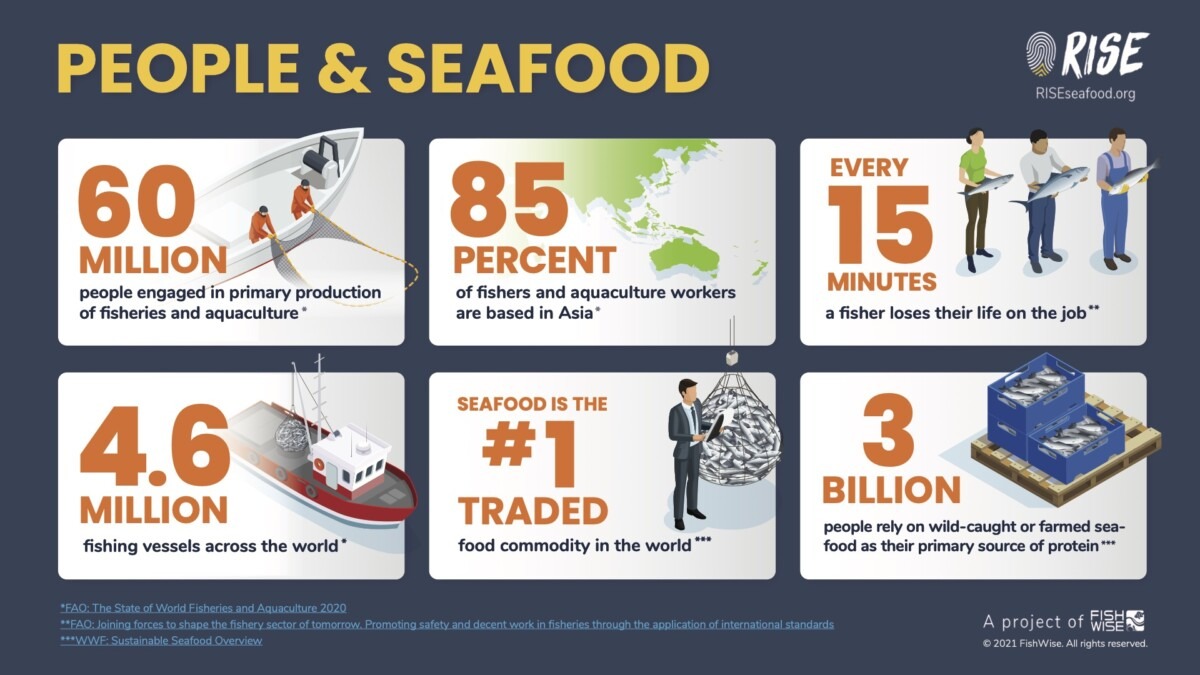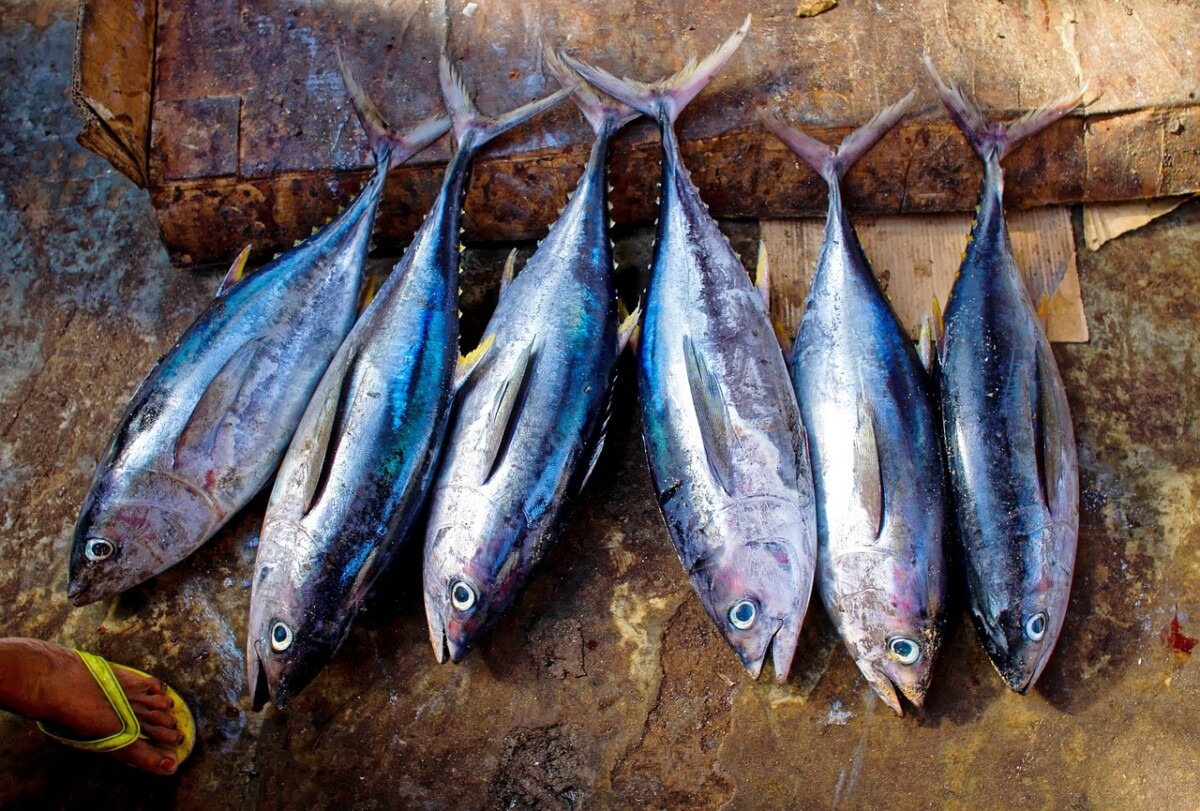The time has come for the seafood industry to commit to examining and improving purchasing practices, and to better understand the impacts of purchasing on workers and suppliers, writes Garrett Okrasinski.

Negative environmental impacts and human rights abuses in the seafood industry have occurred in part due to high demand for seafood, price pressure, and supply chain complexities. To tackle these issues, there has been an increase in company sustainability commitments and policies.
However, there is still a disconnect between the commitments being made by end-buyers, brands, and retailers to protect human rights and the environment, and the unintended consequences resulting from standard purchasing practices. For instance, order and price fluctuations, lack of visibility into planning, last-minute purchases, and unequal and/or inconsistent financial practices can undermine the sustainability and profitability of seafood processors and producers, which may lead them to cut costs and corners where they have more control.
Fishwise is joining forces with Better BuyingTM because we believe it is time for the seafood industry to better understand the impacts of purchasing. With over 20 years of experience implementing sustainability programs with companies to identify and address environmental and social risks in seafood supply chains, FishWise is ideally positioned to collaborate on aligning tools and efforts to advance responsible purchasing practices in the seafood industry. In partnering with Better BuyingTM, whose unique survey methodology has been supporting companies in the apparel industry to improve their purchasing practices for a number of years now, we can drive meaningful change for the industry.
This partnership represents a great opportunity for seafood companies to gain specific insights into how their operations may or may not be supporting their sustainability commitments and to identify tangible opportunities to improve processes.
Together, Fishwise and BBI plan to conduct research and pilot an anonymous survey with seafood suppliers to gather data on buying practices and impacts. Through these activities, we will identify areas of improvement and tangible recommendations for buyers.
We believe that, through better coordination across internal teams, seafood companies can strengthen partnerships with their suppliers and build resilient relationships that enable all parties to be successful and enable decent work conditions for all.
Stay tuned for more updates on this exciting collaboration and its potential to transform seafood supply chains.








